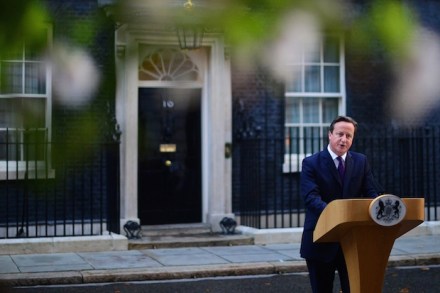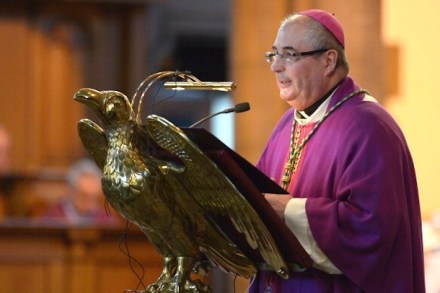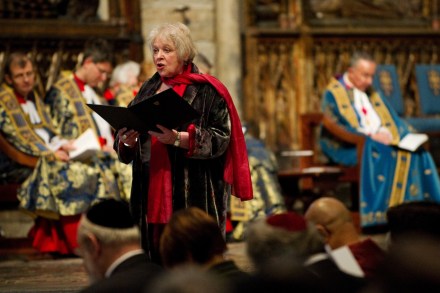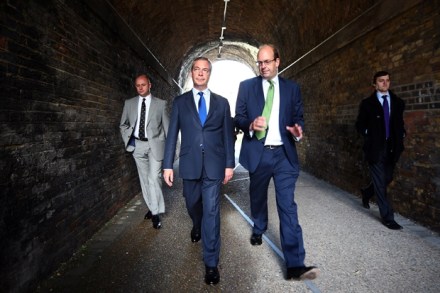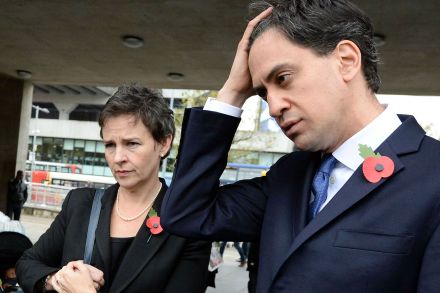Murphy’s mission
The proverbial visitor from Mars would assume that the Scottish Nationalists had won—not lost—September’s referendum. Alex Salmond has given another crowing interview today, you can read mine with him from The Spectator’s Christmas issue here, in which he offers advice to England on how to rediscover itself. While the crisis in Scottish Labour continues. In an interview with The Guardian, Labour’s new Scottish leader Jim Murphy drives home how big a challenge the party faces there, ‘We’re 20% behind. Just to get even we have to close the gap by 1% a week.’ Murphy is also remarkably frank about the quality of the leaders that preceded him. When Libby Brooks



